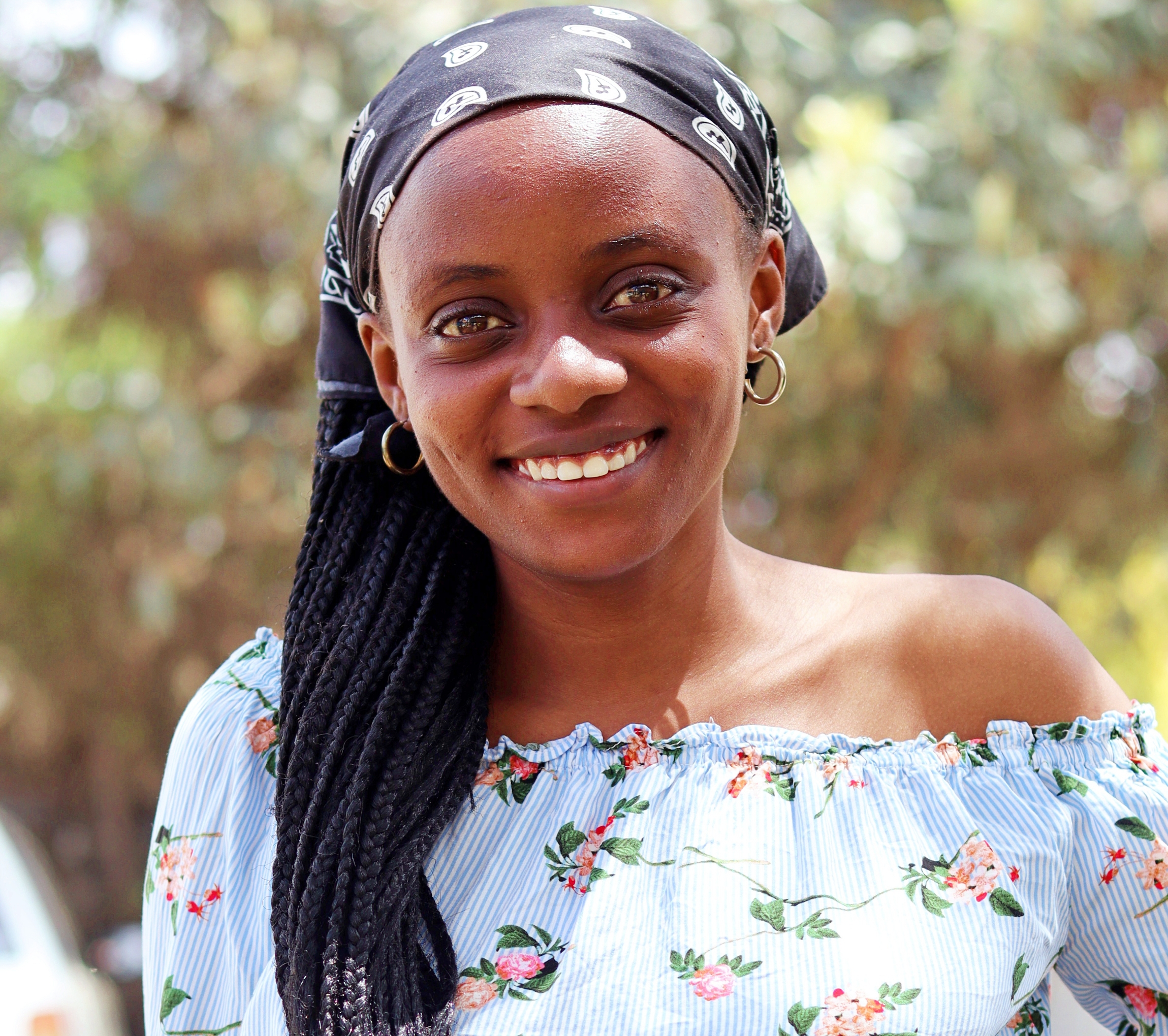




Should access to sexual and reproductive health services be dependant on the age of consent?Is there a link between the two?
We are currently living in interesting times where different actors are using the loopholes in our laws and policies to either try to lower or raise the age of consent for sex in a bid to ‘protect’ children. But is it really serving the best interests of the children if the drive for these efforts are rooted in personal beliefs and ideologies that do not reflect their realities?
The age of consent for sex is the minimum age at which an individual is considered legally old enough to consent to participation in sexual activity. Age of consent for sex laws vary considerably around the world with majority of countries requiring young people to be over the age of 14 before engaging in sex. Kenya has provided many legal and policy safeguards for the protection of children from sexual violence and manipulation. Article 260 of the Constitution of Kenya, 2010 defines a child as an individual who has not attained the age of 18 years. Similarly, the Sexual Offences Act no 3 of 2006 gives minimum age of consent for sex as 18 years.
The mandate of the age of consent for sex is to protect persons under the age of 18 years from sexual violence,coecion and exploitation.Therefore, this should not be used as a backing for the denial of any human rights which includes access to healthcare, as this will be contradictory to it’s mandate. We continue to see persons under the age of 18 years being denied access to sexual and reproductive health services,which is a human right that is enshrined in our constitution because of the age of consent. While the two are connected as they both aim to protect the rights of young people, they should be used to complement each other and not to contradict each other.
Let’s think of a scenario where a child is defiled, at this point the age of consent has not been respected and upheld,this is now where access to services comes in. The survivor of sexual violence will need to access services in order to be protected from unplanned preganincies, HIV and STIs. If in this scenario, the people involved decide not to provide these services to the survivor, wouldn't that then be stripping away their human rights and laying a basis for further violence and coercion? While the age of consent seeks to protect children from sexual violence, access to services seeks to promote right to the highest attainable standard of healthcare for all.Therefore both are critical aspects in the journey to the realization of a world free from violence and attainment of bodily autonomy.
This said, it is therefore of key importance for us to identify and eliminate any loopholes in our laws and policies that can be used as a basis for denial of human rights. Aligning our laws and policies to ensure that they complement each other will also provide for the elimination of different interpretations and scenarios where one law or a policy is used against the other. Therefore using the age of consent and access to services in a complementary manner will provide for a legal and policy framework that is not only a true reflection of the lived realities of children but also serves their best interests.
Writer - Esther Aoko
Sexual and Reproductive Health Advocate
Twitter Handle - @esther_aoko